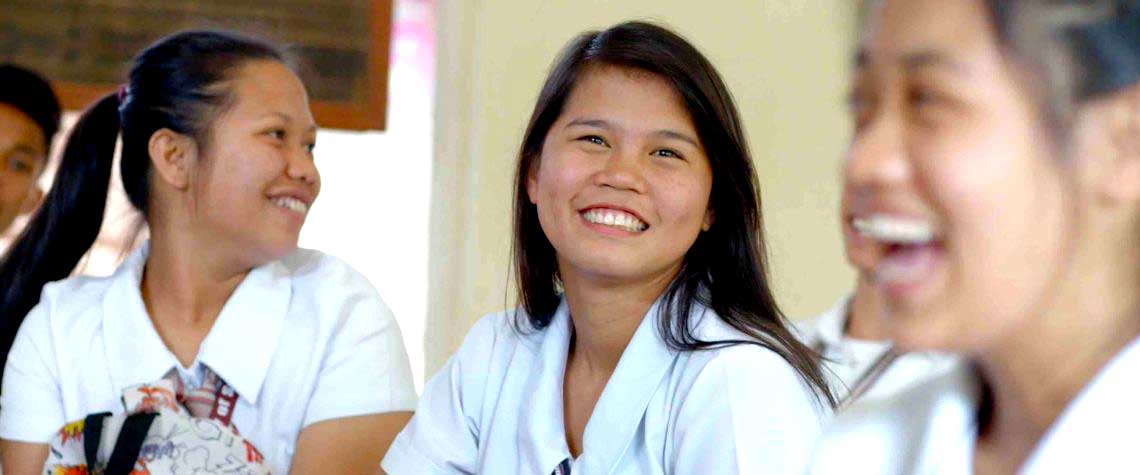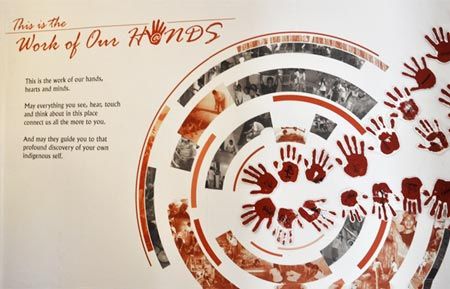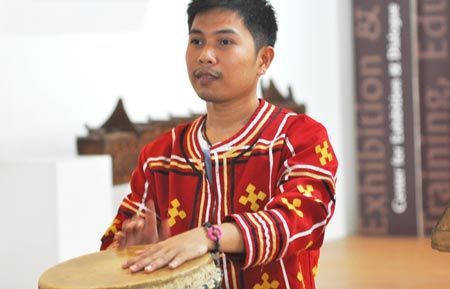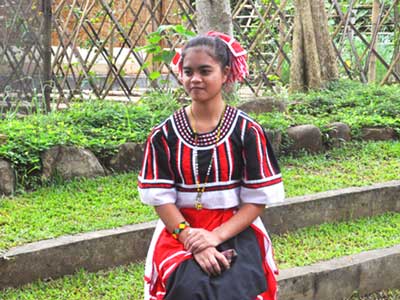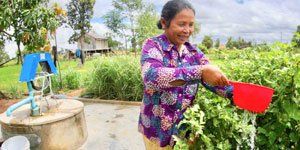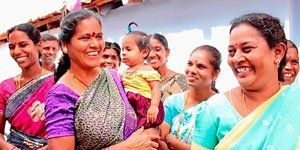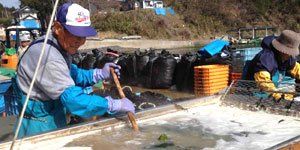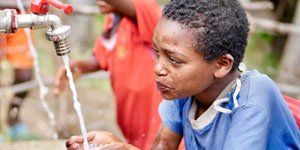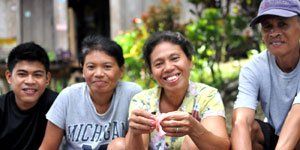Michelle, graduating with a degree in Social Entrepreneurship, feels the pressure. As Pamulaan scholars, she and her fellow graduates will now utilize the education that they have attained to help their tribes address poverty and become advocates for the preservation of Indigenous People’s culture in the Philippines. While she looks forward to this prospect, high expectations have been placed on her, and she wonders if she will succeed.
For Michelle, the biggest challenge lies in encouraging her fellow youth in the tribe to be interested in preserving their culture as well. She recalls how she also didn’t care about the prospect of her culture vanishing at one stage, but Pamulaan changed her life and attitude forever. As she says, “Pamulaan made me realise my blood and helped me gain a deeper knowledge about my heritage that I didn’t have before. Modernisation is happening so fast - youth are adopting it so fast - and I am disappointed because they are the ones that are discriminating against our culture so quickly.”
Returning to their communities and telling youth that valuing tribal dances, music, stories, clothes, knowledge, are as important as aspirations for wealth and modern amenities, may be daunting, but the graduates are determined to do their best. For the social entrepreneurship students, addressing poverty, helping others, and valuing cultural heritage also go hand in hand. Speaking passionately on social entrepreneurship, Michelle describes it as something that “gains profit, but the benefit goes to the people. The highest percentage has a goal to strengthen the capabilities of these employees, owned by the people.” She plans to promote agro forestry in her community and use it as a means for creating a social business that will contribute to her Talandi tribe’s livelihood.

